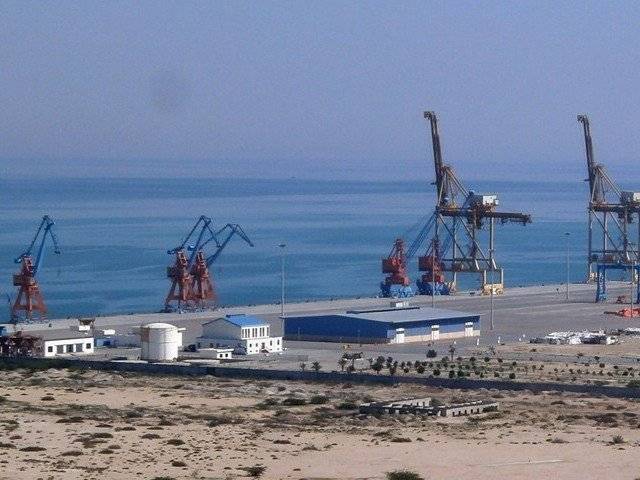South Asia’s geographical dynamics are undergoing rapid and fundamental changes. From Pakistan’s perspective, will it be for the better, or simply add to existing complexities, will in large measure depend on how we play our cards.
There are two issues lying at the heart of the reconfiguration which is underway. Firstly, the Sino-Pakistan relationship, and the impact of the Economic corridor (CPEC), and secondly, the Iranian nuclear accord, leading to Iran’s enhanced regional profile, and its willingness to assert itself towards achieving its strategic ambitions.
The strengthening of the Indo-US ties witnessed in recent months, may be one of the several responses, to the challenge posed by Chinese support for Pakistan in several fields.
India is, however, not likely to limit its options. The gambit in Iran could serve several goals at one time, based primarily on extending India’s strategic outreach to the Gulf, Afghanistan and central Asian republics, and on isolating Pakistan.
For Iran, the new linkage with India could be a precursor, and a stepping stone, toward its stated goal to reintegrate itself with the global economic system, following the lifting of sanctions.
Importantly, it will also strengthen the Iranian position on the Afghan conflict; especially as Iran is of the view that the Afghan war had now entered a crucial phase, which made it necessary for Iran to have added leverage.
The triangular relationship established by Iran and India with Afghanistan, could assume far greater geographic significance in the years to come, especially if it is viewed by Pakistan’s policy makers, as an effort to strategically surround the country.
However, there are mitigating factors, which require Pakistan to exercise its options judiciously. To begin with, it must be recognised that current relations with our neighbours, as well as with the US, need to be stabilised and improved.
Iran has important reasons to pursue peaceful, and friendly, ties with Pakistan, which it may not be willing to jeopardise, vis-à-vis India, or Afghanistan. We should, therefore, strongly resist the urge, to view recent Iranian actions, through the prism of India, and as necessarily hostile to our regional interests.
Successive Indian governments have been committing funds to build Chahbahar port since 2003, and earlier. History is replete with ambitious projects which look long or never materialised. Iranian leaders will also have to take into their calculus, recent Indian overtures to the Saudis, as well as growing strategic and security collaboration between India and Israel.
The other important policy change Rawalpindi may need to consider, is whether it is finally time to pull its feet out of cement, on the Afghan issue, to realise the unmistakable failure of some of its policy approaches, spread over decades, and to recalculate their impact for the future.
A genuine push for a negotiated settlement in Afghanistan alone offers hope for Pakistan to sustain its importance as key to central and south Asia. No amount of blood, or treasure, dedicated toward any other objectives, will either succeed, or add to Pakistan’s weight, as a major player in the region.
History’s verdict is before us, evident in the current realignment of forces.






